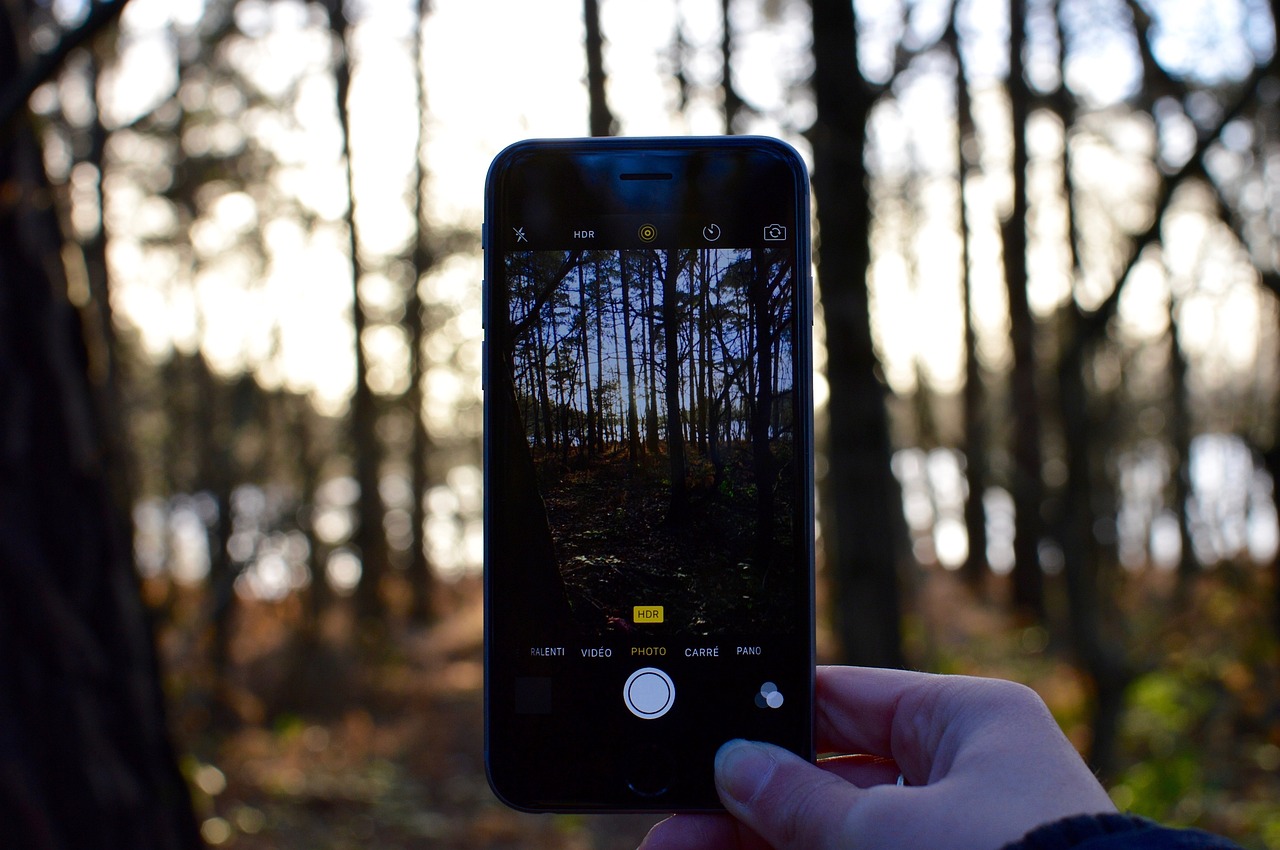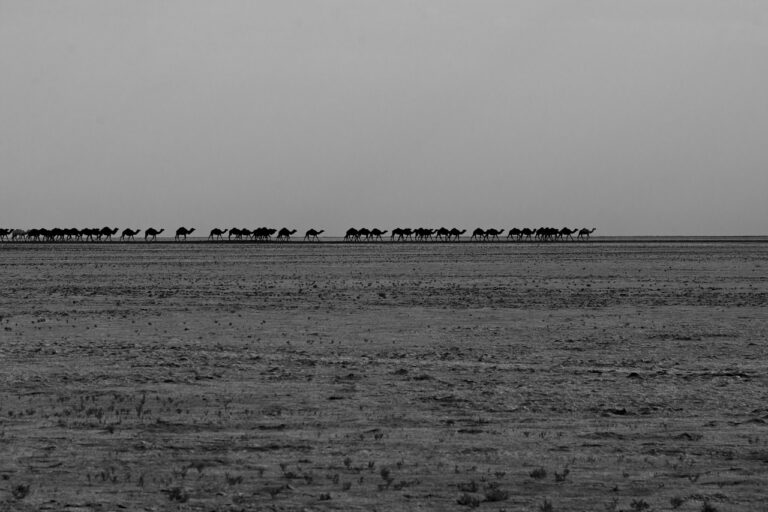The Role of Fragrance in Cultural Traditions and Ceremonies Worldwide: Betbhai.com, Cricbet99, Diamond exchange 9
betbhai.com, cricbet99, diamond exchange 9: Fragrance has played a significant role in cultural traditions and ceremonies worldwide for centuries. From ancient civilizations to modern societies, the use of scents has been a symbol of status, spirituality, and tradition. Let’s explore the diverse ways in which fragrance is integrated into various cultural practices across the globe.
The Role of Fragrance in Ancient Civilizations
In ancient Egypt, fragrant oils and incense were essential components of religious ceremonies and rituals. The Egyptians believed that scents had the power to purify the soul and connect humans with the divine. The use of fragrances such as myrrh, frankincense, and lotus was widespread in temples, tombs, and daily life.
Fragrance in Asian Cultures
In many Asian cultures, fragrance is synonymous with spirituality and healing. In India, the ancient practice of Ayurveda incorporates the use of aromatic oils and herbs to balance the body, mind, and spirit. The burning of incense sticks is a common ritual in Hindu and Buddhist temples, symbolizing the purification of the environment and the offering of prayers.
The Scent of Tradition in Middle Eastern Cultures
The Middle East has a rich history of perfumery dating back thousands of years. Oud, a fragrant resin derived from the agarwood tree, holds a special place in Islamic culture, symbolizing luxury, hospitality, and tradition. Perfumed oils and incense are used in various ceremonies, including weddings, festivals, and religious gatherings.
Fragrance in Western Traditions
In the Western world, fragrance is often associated with personal grooming and luxury. However, scents also hold cultural significance in traditions such as weddings, funerals, and holidays. The use of floral bouquets, scented candles, and perfumes adds a sensory element to these important occasions, evoking emotions and memories.
The Global Impact of Fragrance
With the rise of globalization, the use of fragrance has transcended cultural boundaries and become a universal language. From the intricate perfumes of France to the incense rituals of Japan, people around the world continue to cherish and incorporate fragrance into their daily lives and special occasions.
FAQs
Q: What are some common fragrances used in cultural ceremonies?
A: Common fragrances used in cultural ceremonies include frankincense, myrrh, sandalwood, rose, jasmine, and lavender.
Q: How do different cultures view the significance of fragrance?
A: Different cultures view fragrance as a symbol of spirituality, tradition, status, healing, and connection with the divine.
Q: Can fragrance be a unifying factor among diverse cultures?
A: Yes, fragrance can serve as a unifying factor among diverse cultures by providing a shared sensory experience and cultural exchange.
In conclusion, fragrance plays a vital role in cultural traditions and ceremonies worldwide, reflecting the values, beliefs, and history of diverse societies. Whether used for spiritual purposes, healing practices, or personal grooming, scents continue to be an integral part of our global cultural heritage.







